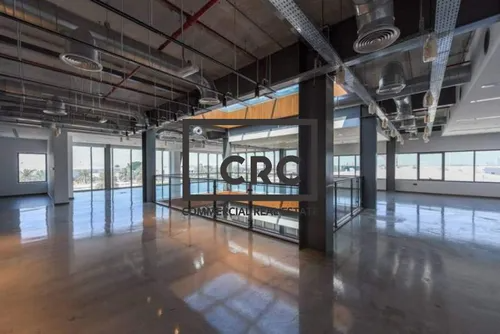
Leasing commercial property can be a complex process, but with the right approach, it can be a lucrative venture. Whether you are considering a commercial property for sale in Dubai or looking to lease, understanding the key steps and considerations is essential for a successful transaction. Here’s a guide to help you steer the process effectively.
Understanding your needs:
Before you begin searching for a commercial property, it’s vital to define your specific needs and requirements. Consider factors such as the type of business you operate, your space requirements, and any special features or facilities you might need. Think about the location of the property and how it will impact your business operations and accessibility for clients and employees. Establishing these criteria will help you narrow down your options and focus on properties that align with your goals.
Research and preparation:
Once you have a clear idea of what you’re looking for, start researching available properties in your desired area. Look at various listings, contact real estate agents who specialize in commercial properties, and visit sites to get a feel for the space and its surroundings. Pay attention to details such as the property’s condition, its amenities, and the local market trends. Preparing a checklist of important factors and comparing properties against this list will help you make an informed decision.
Negotiating the lease:
Negotiation is a vital part of leasing commercial property. It’s essential to understand the terms of the lease agreement, including the rent amount, lease duration, and any additional costs such as maintenance fees or property taxes. Don’t hesitate to negotiate these terms to better fit your budget and operational needs. Consider hiring a commercial real estate agent or a legal advisor to assist with the negotiation process and ensure that all aspects of the lease are fair and legally sound.
Understanding lease terms:
A commercial lease can be intricate, with various terms and conditions that may not be immediately clear. Common lease types include gross leases, where the landlord covers operating expenses, and net leases, where the tenant is responsible for additional costs. Ensure you thoroughly understand the lease type and its implications for your business. Key terms to review include the length of the lease, renewal options, and any clauses related to modifications or early termination.


